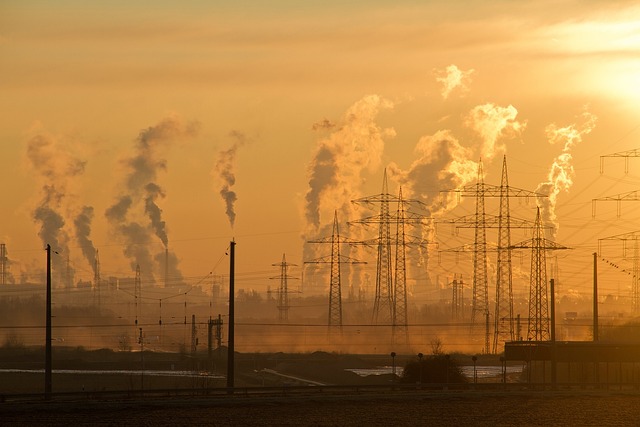In recent years, the conversation around environmental pollution and agriculture has become increasingly urgent. The agricultural sector, while essential for feeding the world, is also a significant contributor to environmental challenges. Balancing the need for food production with the imperative to protect our planet requires innovative approaches to transport sustainability and rural development.
Transport plays a critical role in the agricultural supply chain. From transporting seeds to delivering fresh produce to local markets, the methods we use to move goods can greatly impact our environment. Traditional transportation methods often rely on fossil fuels, which contribute to greenhouse gas emissions and the overall degradation of our planet. To combat this, farmers and agricultural businesses are increasingly exploring sustainable transport options.
One promising avenue is the use of electric and biofuel-powered vehicles for transporting agricultural products. These alternatives not only reduce carbon emissions but also promote energy independence for rural communities. Furthermore, investing in local transport networks can minimize the distance that food travels from farm to table, thus lowering the carbon footprint associated with long-haul trucking.
In addition to transport sustainability, rural development is key to addressing environmental pollution in agriculture. Developing rural areas physically and economically can lead to better practices that promote environmental stewardship. By empowering local farmers with access to sustainable technologies and resources, we can encourage methods like precision agriculture, which optimizes inputs such as water and fertilizer, reducing waste and pollution.
Communities are also coming together to promote organic farming and agroecology, which focus on regenerative practices that enhance biodiversity and restore ecosystems. Educational programs and workshops in rural areas can empower farmers with knowledge about sustainable practices that protect soil health and water quality, effectively combating environmental pollution.
Moreover, collaborations between farmers, researchers, and local governments can drive initiatives focused on conservation. These partnerships can lead to the development of policies that support sustainable agricultural practices, including incentives for reducing pollution and embracing eco-friendly innovations.
As the world moves towards a more sustainable future, it’s clear that addressing environmental pollution within the agricultural sector requires a concerted effort. Transportation and rural development are not just logistical challenges; they are an integral part of the necessary transformation for sustainable agriculture. By collaborating on these fronts, we can pave the way for a healthier planet and a thriving agricultural community.




